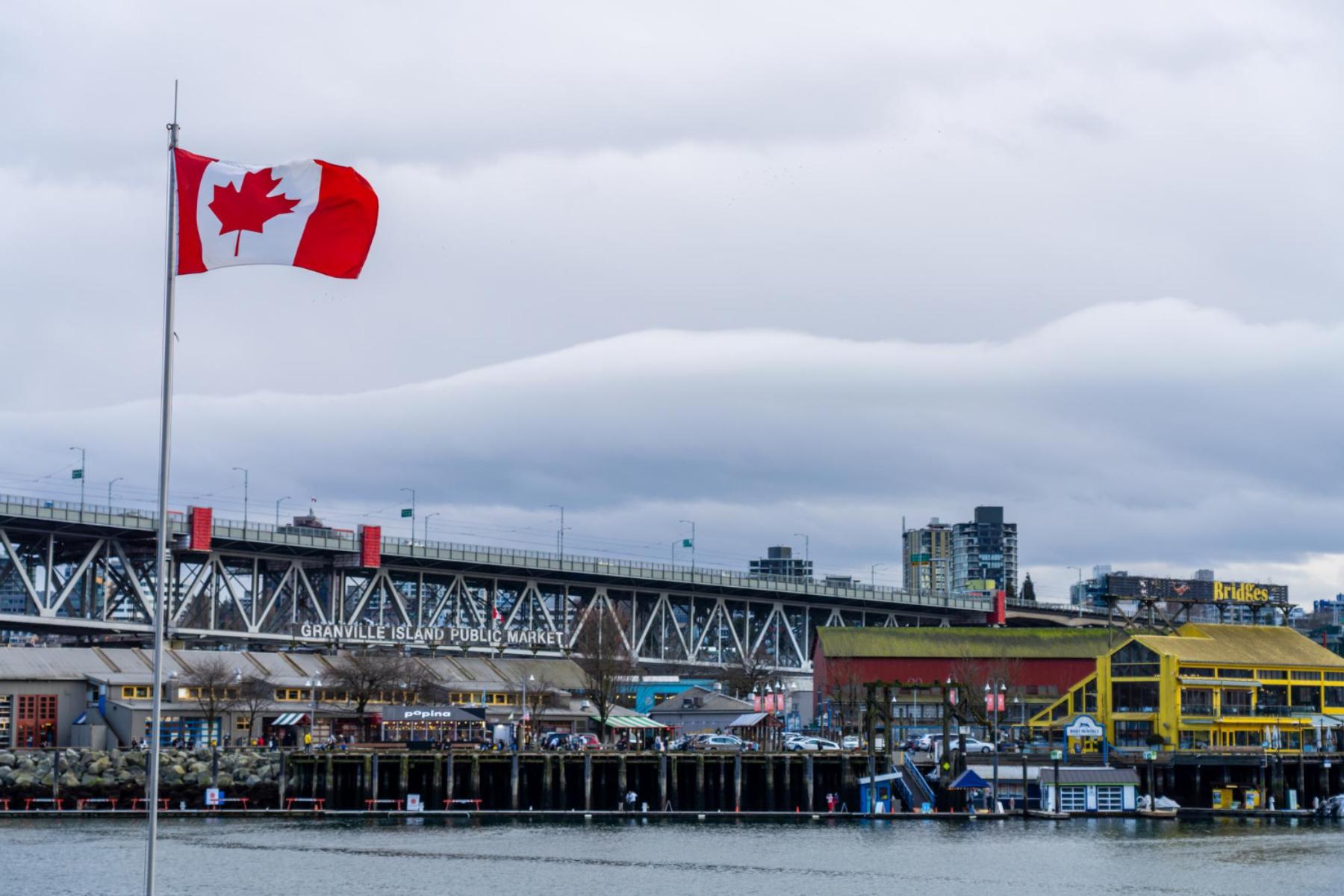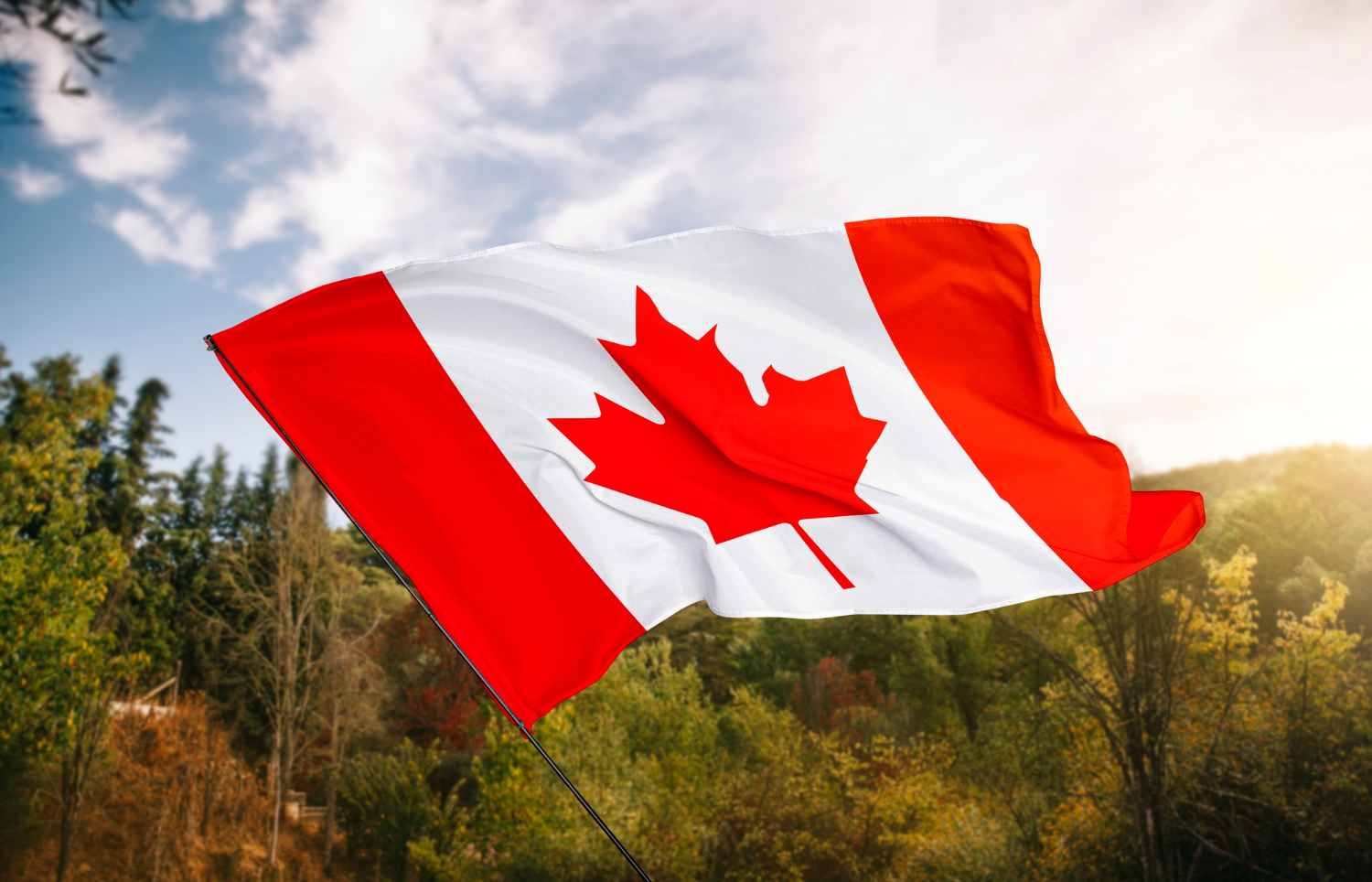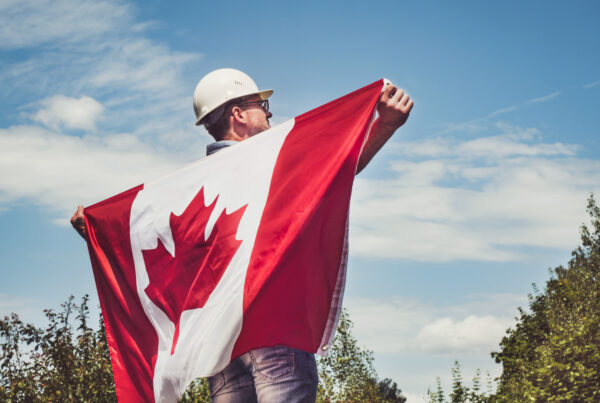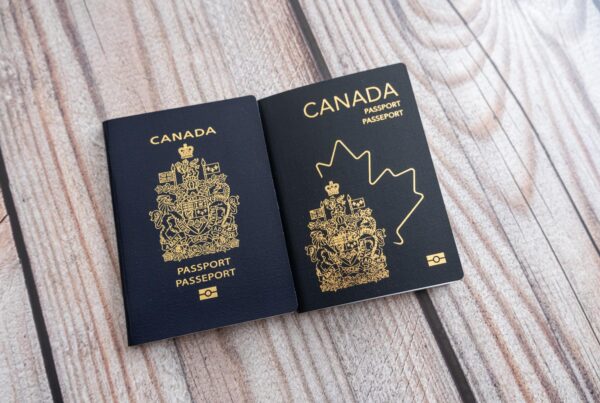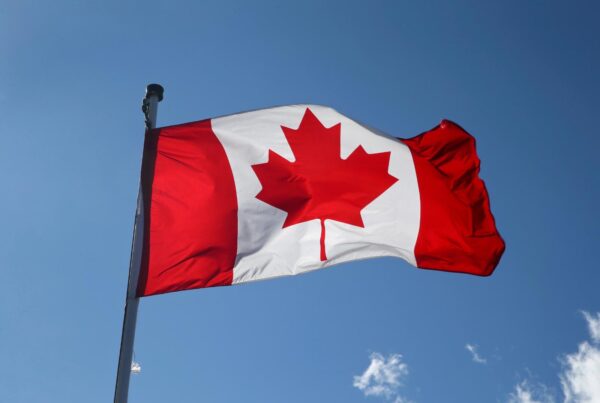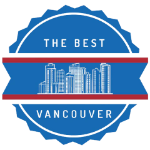Statistics show that 95% of newcomers who received settlement services in Canada found them incredibly valuable. These numbers highlight why understanding and accessing these programs is vital for anyone starting a new life in our country.
Immigration has pushed Canada’s population growth to 3.3% in the 12 months leading to July 2023—the highest in over six decades. Our experience as immigration law practitioners shows how newcomers who use Canada’s benefits effectively adapt much better to their new life. The numbers back this up: 89.5% of newcomers reported better language skills after training programs, while 78% said settlement services gave them the knowledge and connections they needed to succeed in the Canadian job market. These post-arrival services do more than provide practical help. They create welcoming communities, with 92% of newcomers feeling welcomed and 90% developing a strong sense of belonging.
The results look promising, yet many newcomers don’t know about all available services or struggle to find the right resources. Immigrants make up 1 in 4 healthcare workers in Canada, and with record numbers of permanent residents—247,243 in 2008 alone—helping newcomers find the right settlement support matters more than ever, both for their success and Canada’s growth.
This piece will show you everything about newcomers to Canada programs—from eligibility requirements to finding services that match your needs. As immigration professionals, we want to simplify the settlement process and help you get the most from your benefits as a newcomer in Canada.
Understanding Newcomers to Canada Programs
Settlement services are the life-blood of Canada’s strategy to welcome newcomers. These programs help immigrants and refugees overcome barriers unique to newcomers so they can fully participate in Canada’s social, cultural, civic, and economic life.
What are settlement services and why they matter
Settlement services cover a detailed range of programs that help immigrants and refugees adapt to their new lives in Canada. These services tackle both immediate and long-term needs, such as language training, employment assistance, information sessions, orientation to Canadian life, and access to essential services. Support services like transportation, childcare, and translation help newcomers access these programs effectively.
Settlement represents a brief period where newcomers and the host society adapt to each other, with government support and services. Integration works as a two-way process. Immigrants commit to adapting to life in Canada while Canadian society welcomes and adapts to new peoples and cultures.
These services play a vital role because they affect a newcomer’s success in establishing themselves. They build the foundation for long-term integration by addressing barriers such as language limitations and unfamiliarity with Canadian systems. The Settlement Program helps immigrants tackle challenges related to official language skills and limited knowledge of Canada. This support allows newcomers to contribute and participate more easily in Canadian society.
Federal, provincial, and municipal roles in service delivery
Canada’s Constitution shares immigration responsibility between federal and provincial/territorial governments. This partnership ensures settlement services meet both national objectives and regional needs.
Immigration, Refugees and Citizenship Canada (IRCC) leads at the federal level by funding settlement programming nationwide and abroad. IRCC supports permanent residents, protected persons, and certain temporary residents through programs like the Settlement Program and the Resettlement Assistance Program (RAP). The IRCC invested $2.37 billion in settlement and integration services during the 2021-22 fiscal year.
Provinces and territories have their own agreements with the federal government that address unique immigration needs and priorities. Yukon, British Columbia, Alberta, Saskatchewan, Manitoba, Ontario, Quebec, Nova Scotia, and Prince Edward Island have detailed agreements with IRCC about various immigration issues. Most provinces have signed Provincial Nominee agreements that let them nominate immigrants based on specific labor market needs.
Cities have become key players in service delivery, even without constitutional authority in immigration. Canadian immigrants choose metropolitan areas 92% of the time, making cities the frontline of integration. Many municipalities now act as “policy entrepreneurs” and develop new ways to support newcomers. Cities publish guides in multiple languages about essential services, while others coordinate settlement services for refugees.
The Local Immigration Partnership (LIP) shows innovation in this three-way approach. These federally funded bodies, often housed in municipalities, bring together stakeholders interested in migration to plan successful settlement. This model shows how all three government levels can work together to support newcomers effectively.
Who Can Access These Services
Newcomers’ eligibility for settlement services in Canada depends on their immigration status, funding source, and program requirements. These details matter a lot to newcomers who need the right resources.
Eligibility for permanent residents and protected persons
Immigration, Refugees and Citizenship Canada (IRCC) offers settlement services to all permanent residents across Canada. Quebec stands as the only exception because it manages its own immigration agreement. The services welcome permanent residents from economic immigration streams, family sponsorship programs, and humanitarian pathways.
Protected persons defined under Section 95 of the Immigration and Refugee Protection Act (IRPA) can access these same services. This group includes people who received approval from the Immigration and Refugee Board. Future permanent residents with official IRCC notification letters can use these services while they wait for final verification. Convention refugees and protected persons chosen by IRCC for resettlement qualify even before they land in Canada.
Access for temporary residents and international students
Some temporary residents can use settlement services under specific conditions, which might surprise many. Settlement programs funded by IRCC welcome temporary foreign workers with permits under section 112 of the Immigration and Refugee Protection Regulations. Workers who got initial permanent residence approval under section 113 also qualify. The Atlantic Immigration Program lets selected temporary residents access needs assessment, referrals, and orientation services.
International students have fewer options, but some provinces step in to help. British Columbia’s Newcomer Services Program (BC NSP) serves international post-secondary students who hold valid study permits. Students can use this program if their schools don’t offer similar support.
Ukrainian nationals with temporary resident visas through the Canada-Ukraine Authorization for Emergency Travel (CUAET) can access these services until March 31, 2025. Palestinian Authority passport holders who left Gaza after September 1, 2023 and arrived by December 31, 2025 can use settlement services until March 31, 2027.
Legal documentation required to qualify
Newcomers must show specific documents to prove their eligibility for settlement services. A Confirmation of Permanent Residence document or Permanent Resident card works for permanent residents. Protected persons should bring their Refugee Protection Claimant Document or positive decision notice from the Immigration and Refugee Board.
Temporary residents with special eligibility need their authorization papers. Refugee claimants in British Columbia must show a Confirmation of Referral letter, Acknowledgement of Claim, Refugee Protection Claim Document, or Client Application Summary. CUAET visa documentation helps Ukrainian nationals prove eligibility. Atlantic Immigration Program participants need their complete Application for Permanent Residence confirmation.
Service providers and funding sources have different eligibility rules. Newcomers should contact their chosen service provider before visiting. This simple step prevents delays in getting settlement support during their first months in Canada.
How to Find and Use Settlement Services
A good support system makes all the difference when you arrive in Canada. Several ways exist to connect with newcomer programs that match your needs.
Using IRCC’s online tool by postal code
Immigration, Refugees and Citizenship Canada (IRCC) created a detailed online search tool that helps newcomers find settlement services near them. This easy-to-use resource shows you the closest programs that fit your needs and location. You just need to type your postal code, address, city, or province into the search box. The tool shows results based on how close they are to you. The platform has special programs for different groups like women, seniors, youth, and 2SLBTQi+ individuals. Since these services get IRCC funding, they must follow federal eligibility rules. Check if you qualify before visiting these providers to save time.
Contacting local service providers directly
You might prefer to talk to someone face-to-face. Settlement agencies welcome direct contact and their counselors can help figure out which services suit you best. These experts can help with housing searches, job hunting, childcare, school registration, language classes, healthcare access, and getting your credentials recognized. The best part is that these services come at no cost and are available in many languages across Ontario and other provinces. Ontario residents can call 211 any time of day, any day of the year, and get help in over 150 languages.
Navigating provincial and municipal portals
Each province and territory runs websites that list their settlement services. Every province—from Alberta to Yukon—provides online resources specifically for newcomers. Cities have also created their own settlement support networks. A quick web search for “newcomer services” plus your city’s name often leads to useful local information. Canadian post-arrival services go beyond just federal programs. Understanding how federal, provincial, and municipal settlement systems work together helps you get the most from available support services. This knowledge lets you find your way through the settlement process with confidence.
Types of Services Available to Newcomers
Canada has a complete set of programs that make life easier for newcomers in their new country. These programs help immigrants and refugees way beyond simple orientation and address their complex needs.
Language training and communication support
Language skills are crucial for newcomer success. The government funds Language Instruction for Newcomers to Canada (LINC) and Cours de langue pour les immigrants au Canada (CLIC) programs. These give free English or French lessons to permanent residents and protected persons. The programs follow Canadian Language Benchmarks (CLB) standards. Getting CLB level 4 or higher proves you meet citizenship language requirements. Classes start from simple levels and go up to advanced, with special job-related language training to improve workplace communication. Many locations also provide childcare, help with transportation, and classes for people with special needs.
Employment assistance and job readiness programs
Finding the right job is one of the most important challenges newcomers face. Job readiness programs like the Newcomer Center Job Ready program and B-Hired help with career counseling, resume writing, and interview practice. Employment support services across Canada give orientation about the job market, connect people with employers, and teach job search strategies based on education levels. Programs like CIIP are a great way to get ready for Canada’s job market even before arrival. They give key information, connect directly with employers, and explain possible challenges.
Legal aid and rights education
Canada’s legal system can be tough to understand for newcomers. Immigration and refugee legal aid cases went up by 82% in 2022-23, with over 46,000 cases. Each province offers different legal aid services for immigration. These usually cover representation for refugee claims and help with Immigration and Refugee Board proceedings. But legal aid doesn’t usually cover getting permanent resident status (except for humanitarian reasons), sponsorship applications, or visa renewals.
Health and social service referrals
The Interim Federal Health Program (IFHP) gives temporary health coverage to resettled refugees and refugee claimants who can’t get provincial health insurance. This covers simple services like hospital care and doctor visits, plus extra benefits like vision, dental, mental health, and prescriptions. The New Beginnings Clinic at CAMH offers culturally sensitive psychiatric help to newcomers in their first three years. Many settlement organizations also help newcomers find and use healthcare and social services.
Community integration and mentorship programs
MentorConnect matches skilled immigrants with experienced professionals for specific job mentoring. These relationships last about 12 hours over two months. The mentorship programs help newcomers build professional networks, understand the culture, and learn about career paths in Canada. Community integration programs also help build social connections through support groups and leadership development in advisory committees.
Skills development and certification support
Getting foreign credentials recognized is a big challenge for many professional newcomers. The government gives Foreign Credential Recognition Loans up to CAD 41,800.81 to help pay for exams, extra training, and certification. Bridge training programs teach technical skills, prepare for license exams, arrange clinical placements, and explain workplace culture. Universities, colleges, regulatory bodies, and community agencies offer these programs both full-time and part-time.
Legal and Institutional Support for Newcomers
Canada’s immigration system goes beyond basic settlement services. It provides long-term integration paths through its institutional framework. The programs for newcomers to Canada create several ways to settle permanently and get professional recognition.
Role of IRCC and provincial governments
Immigration, Refugees and Citizenship Canada (IRCC) leads the funding of settlement programs across Canada. IRCC runs the Settlement Program that helps immigrants overcome common newcomer challenges like language barriers and unfamiliar systems. This program looks at needs, shares information, teaches language skills, helps with jobs, and builds community connections. IRCC also runs the Resettlement Assistance Program (RAP) which gives quick support and money to refugees.
Provincial governments work under federal immigration laws but can address their local needs independently. Many provinces have deals with the federal government to pick immigrants based on their job market needs. To cite an instance, Ontario’s Immigrant Nominee Program (OINP) works with IRCC to pick people with skills the Ontario economy needs. In spite of that, Ottawa makes the final call on permanent residence.
Understanding the Canadian Experience Class and PNP
The Canadian Experience Class (CEC) offers a quick path to permanent residence if you have worked in Canada. CEC targets people already living and working here, with most applications processed in three to four months. You need at least 12 months of full-time skilled work in Canada from the last three years to qualify. The program works everywhere except Quebec, which runs its own skilled worker selection.
Provincial Nominee Programs (PNPs) create another path for newcomers. All provinces and territories (all but one of these regions – Nunavut and Quebec) run their own “streams” for specific groups like students, business people, or skilled workers. Provinces pick candidates through direct applications or through the federal Express Entry system. These nominations give you a big advantage in the federal selection process.
Credential recognition and regulatory bodies
About 20% of Canadian jobs need regulation, so newcomers must get their credentials recognized by authorities. Foreign Credential Recognition (FCR) checks if your education, skills, and experience match Canadian standards. Each occupation and province has its own process, and Professional Regulatory Organizations (PROs) often do the assessment.
Regulated jobs usually work in two ways: either only members can do specific tasks, or only members can use certain professional titles. The government offers Foreign Credential Recognition Loans up to CAD 41,800.81 to help pay for licensing exams, extra training, and certification. You should start this process before coming to Canada because assessment can take months or years.
Finding Help
Getting the right help through Canada’s newcomer support network will kickstart your integration journey. IRCC funds many qualified professionals who help newcomers adapt to daily life in Canada and thrive in their new communities. These free settlement services are now available to eligible newcomers across the country. Quebec runs its own programs separately.
IRCC provides a quick online search tool that works with postal codes. You can simply enter your postal code, address, city, or province/territory to find nearby resources. The tool lets you narrow down your search by picking services that match your needs. You should check your eligibility before visiting service providers to avoid any issues with accessing benefits.
MOSAIC and ISSofBC are great examples of the reliable support network for newcomers. MOSAIC has a dedicated team that helps find immigrant services and employment support. They serve about 24,000 clients each year through 47 different programs in 32 languages. ISSofBC provides free settlement, employment, and language services to newcomers in British Columbia. They also offer specialized help for refugees, permanent residents, and certain temporary residents.
You should call or email service providers directly to check their availability and book appointments before visiting. This approach will save your time during your settlement period. Many newcomers find that help with mental health, healthcare access, and legal matters is crucial to their settlement trip.
Ontario residents can use resources like settlement.org to connect with family doctors, legal professionals, and mental health support. The 211 live chat feature makes this process easier. Canada’s detailed settlement support system shows its steadfast dedication to guiding newcomers throughout their integration process.
FAQs
Q1. What settlement services are available to newcomers in Canada? Newcomers to Canada can access a wide range of settlement services, including language training, employment assistance, legal aid, health and social service referrals, community integration programs, and skills development support. These services are designed to help immigrants and refugees overcome barriers and integrate successfully into Canadian society.
Q2. Who is eligible for settlement services in Canada? Generally, permanent residents, protected persons, and certain temporary residents are eligible for settlement services funded by Immigration, Refugees and Citizenship Canada (IRCC). Some provinces also offer services to international students and other temporary residents. Eligibility may vary depending on the specific program and funding source.
Q3. How can I find settlement services in my area? You can use IRCC’s online search tool by entering your postal code, address, city, or province to find nearby settlement services. Alternatively, you can contact local service providers directly or check provincial and municipal websites for information on available services in your area.
Q4. Are settlement services free for newcomers? Yes, most settlement services funded by the government are provided free of charge to eligible newcomers. This includes language training, employment assistance, and various support programs designed to help immigrants and refugees integrate into Canadian society.
Q5. How can newcomers get help with credential recognition in Canada? Newcomers can access support for foreign credential recognition through various programs. The government offers Foreign Credential Recognition Loans to help with costs related to exams, additional training, and certification. Additionally, bridge training programs are available to provide technical skills training, license exam preparation, and workplace culture orientation for professionals in regulated occupations.



